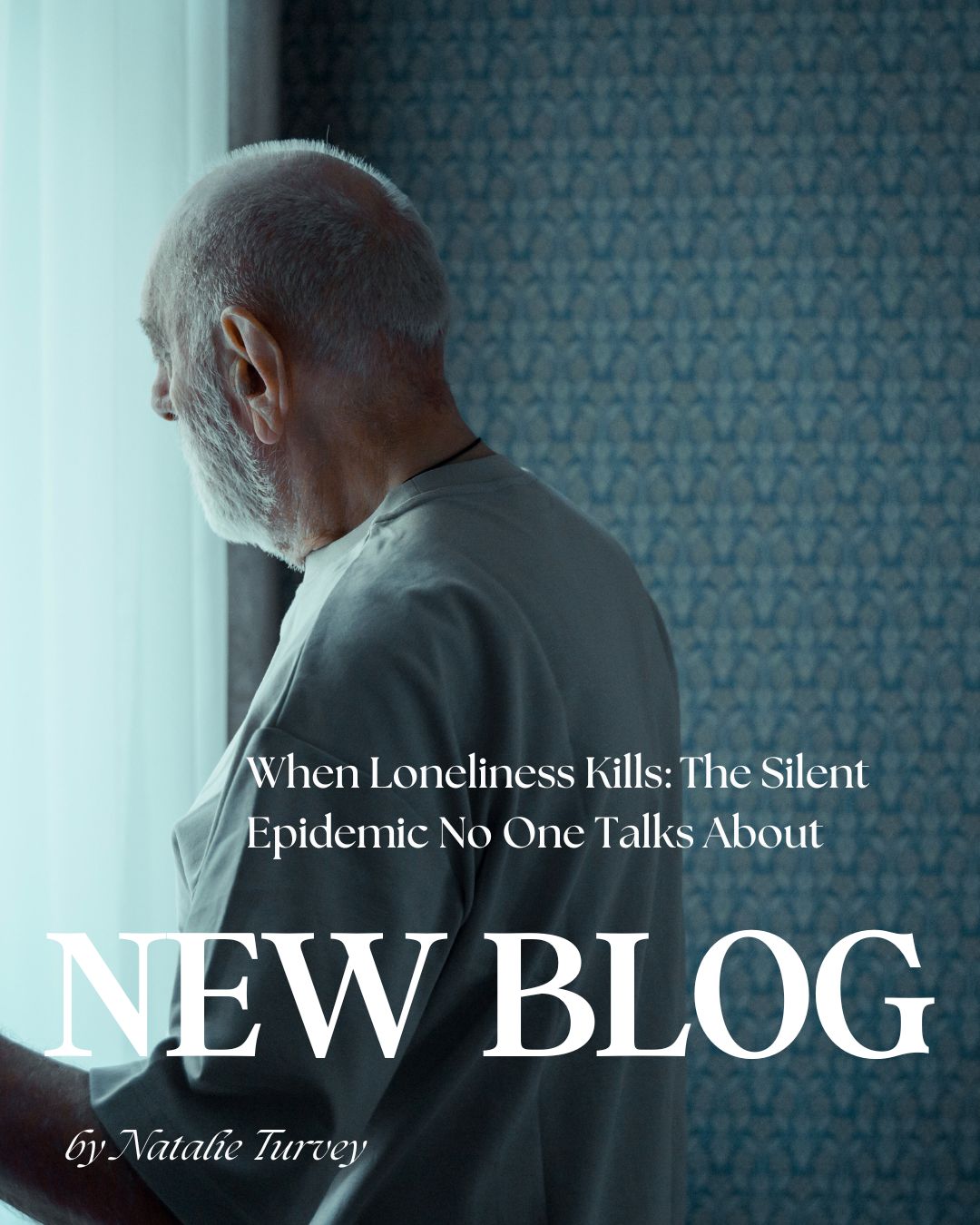In today’s fast-paced world, kindness often takes a back seat to productivity, stress, and the demands of daily life. Yet, kindness is a cornerstone of mental well-being and emotional resilience. It’s more than just a moral virtue—it’s a powerful tool for building connections, fostering self-compassion, and ultimately improving our mental health.
As a psychologist, I witness firsthand the profound impact of kindness on my clients’ journeys toward healing and growth. Here, I want to explore the concept of kindness in both its forms—kindness to others and kindness to oneself—and share some simple ways to cultivate this invaluable trait in our lives.
1. Kindness as a Pathway to Connection
Human beings are wired for connection. Research shows that positive social interactions, including acts of kindness, release oxytocin, a hormone that strengthens bonds and reduces stress. Kindness deepens our relationships and helps us build support networks that can be vital during challenging times.When we show kindness to others, we foster a sense of trust and mutual respect. In my work, I’ve found that clients who practice kindness in their relationships tend to have stronger support systems and feel more resilient in the face of adversity. Kindness is, in many ways, a way of investing in our community and social well-being. And in therapy, one of the most powerful healing elements is often the connection between therapist and client, built on empathy and genuine care.
2. The Importance of Self-Kindness
While we often talk about the importance of being kind to others, self-kindness is equally crucial—especially in therapy. Many of my clients struggle with self-criticism and find it hard to forgive themselves for past mistakes or perceived shortcomings. This lack of self-kindness can be a significant barrier to progress.Self-kindness involves treating yourself with the same empathy, compassion, and understanding that you would offer to a friend. This practice is particularly important during therapy, where clients are encouraged to explore painful experiences, confront difficult emotions, and take steps toward growth. Self-kindness helps clients navigate these challenges with a spirit of curiosity rather than judgement, allowing them to move forward without being weighed down by guilt or shame.
3. Kindness and Emotional Resilience
Acts of kindness, whether directed inward or outward, can help build emotional resilience. Studies have shown that people who practice kindness are often better able to cope with stress and less likely to experience feelings of isolation and loneliness. Kindness fosters positive emotions, which counterbalance negative emotions and improve our ability to face adversity with strength and grace.In therapy, we talk a lot about resilience—the capacity to bounce back from hardship. Clients who actively practice kindness tend to build resilience more quickly, as kindness nurtures a positive mindset and an ability to see challenges from a more balanced perspective.
4. Simple Ways to Cultivate Kindness
So how can we bring more kindness into our lives? Here are some simple practices that may help:
Mindful Kindness: Make a conscious effort to do one kind act each day, whether it’s holding the door for someone, expressing appreciation, or offering a listening ear. This intentional practice reinforces kindness as a habit.
Self-Compassion Exercises: When you catch yourself in self-criticism, pause and ask, “What would I say to a friend in this situation?” Shift your inner dialogue toward understanding and patience.
Gratitude Journal: At the end of each day, take a moment to write down one act of kindness you observed or engaged in. This can help shift your focus to the positive aspects of your interactions.
Random Acts of Kindness: Sometimes the smallest, most spontaneous acts of kindness have the most significant impact. Try buying a coffee for the person behind you in line or sending a supportive text to a friend.
5. Kindness in Therapy: A Collaborative Process
In the therapeutic space, kindness plays an essential role in fostering a sense of safety and acceptance. When clients feel understood and supported by their therapist, they’re more likely to open up and engage in the process of healing. My role as a psychologist is not only to provide guidance and support but also to model a compassionate, non-judgemental approach that clients can internalise and adopt for themselves.Remember that kindness—both given and received—is a powerful resource that can sustain you through life’s ups and downs. By cultivating kindness, we create a ripple effect that extends beyond ourselves, enhancing our relationships, strengthening our communities, and enriching our mental health.








